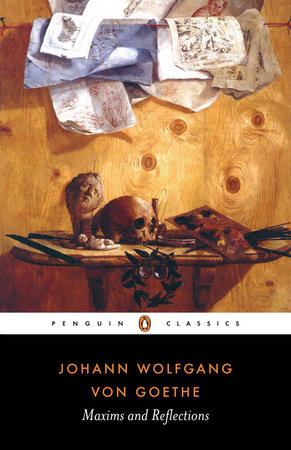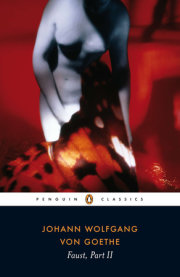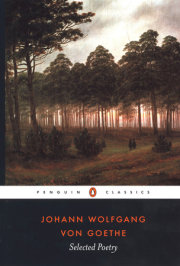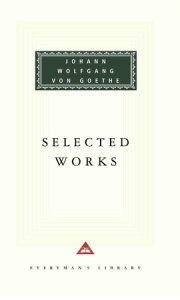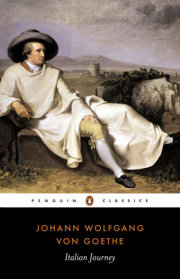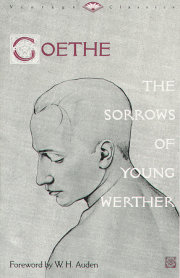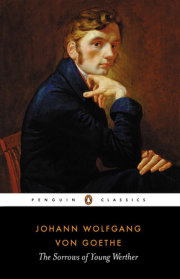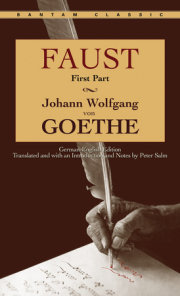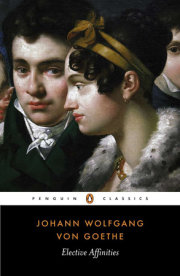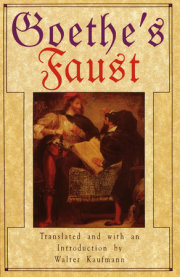Maxims and ReflectionsPreface
Introduction
Further Reading
A Note on the Text
FROM ELECTIVE AFFINITIES (1809)From Ottilie's Diary
FROM ART AND ANTIQUITY
Vol. I, issue 3: Naïvety and Humour (1818)
Vol. II, issue 3: Matters of Serious Moment (1820)
Vol. III, issue 1: Own and Adopted Ideas in Proverbial Formulation (1821)
Vol. IV, issue 2: Own and Assimilated Material (1823)
Vol. V, issue 1: Individual Points (1824)
Vol. V, issue 2: Individual Points (1825)
Vol. V, issue 3: Individual Points (1826)
Vol. VI, issue 1: [untitled] (1827)
FROM THE PERIODICAL ISSUES ON MORPHOLOGY
Vol. I, issue 4: [untitled] (1822)
FROM THE PERIODICAL ISSUES ON THE NATURAL SCIENCES
Vol. II, issue 1: Old Ideas, Almost out of Date (1823)
FROM WILHELM MEISTER'S JOURNEYMAN YEARS (1829)
Thoughs about Art, Ethics and Nature in the Spirit of the Travellers
From Makarie's Archive
POSTHUMOUS
On Literature and Life
On Art and Art History: Aphorisms for the Attention of Friends and Opponents
On Nature and Natural Science
Sketchy, Doubtful, Incomplete Jottings
Addenda from the Posthumous Papers
Notes

